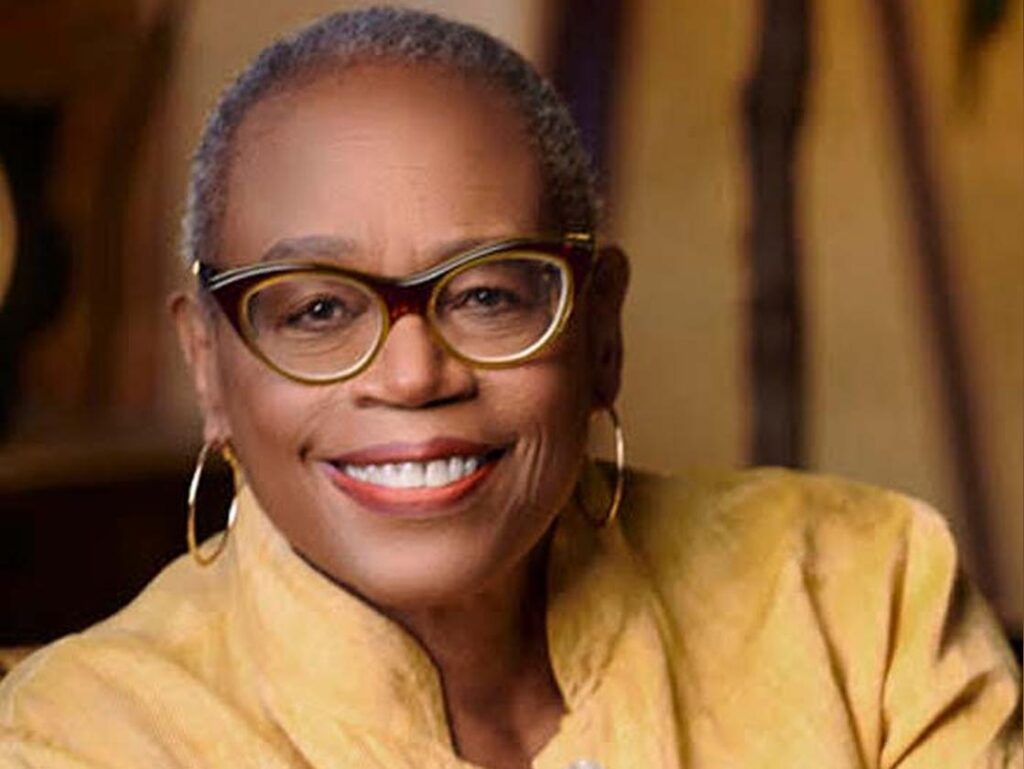In Memoriam

Susan R. Jones
Professor of Clinical Law
Why is teaching leadership in law schools important?
Teaching leadership in law schools is part of professional development identity and professional responsibility. I’ve been inspired by Professor Rhode’s book, Lawyers as Leaders and Professor Anthony Thompson’s book, Dangerous Leaders: How and Why Lawyers Must Be Taught to Lead. Both scholars assert that while lawyers are often in positions of leadership they have not been taught leadership skills, principles and values.
If you teach a leadership course, what’s the title and brief description of the course?
I don’t teach a leadership course, but I incorporate leadership into my Small Business & Community Economic Development Clinic. As part of clinic orientation, I ask students to read an ABA article, Start Now to Become Tomorrow’s Legal Leader and I encourage them to think about their leadership role in the clinical law firm and in their smaller teams. In my clinic leadership is listed as a lawyering competency and learning outcome alongside self-evaluation, reflection and learning from experience.
If you use a textbook or book, what do you use?
I introduce students to law and leadership using principles from Donald J. Polden and Barry Z. Posner, Leading in Law, Leadership Development for Law Students, Carolina Academic Press (2022) which I integrate in case supervision meetings.
If you or your law school have a leadership program, what’s the title and brief description of the program?
Leadership at GW law is taught in the Fundamentals of Lawyering, a program that introduces first year students to the skills that will advance them from the classroom to the law firm, boardroom, courtroom, and many other settings where law is practiced.
What’s your favorite leadership book? Why?
Leading in Law: Leadership Development for Law Students by Donald J. Polden and Barry Z. Posner, Carolina Academic Press (2022). It is comprehensive, straightforward and grounded in an evidence- based model, the Leadership Practices Inventory – five practices including model the way, inspire a shared vision, challenge the process, enable others to act, and encourage the heart. It unpacks critical leadership skills and behaviors – credibility; ability to lead change in a complex environment; good judgment; persuasiveness; creativity, entrepreneurship and innovation; ability to build and sustain relationships; inclusiveness; resiliency; and personal responsibility. are standout chapters on Developing Emotional Intelligence and Handling Adversity and Leading the Charge for Diversity, Equity and Inclusion alongside leadership examples and questions for reflection.
What’s your favorite leadership quote?
I have a few:
Maya Angelou
“A leader sees greatness in other people. He nor she can be much of a leader if all she sees is herself.”
On dealing with other people: “I’ve learned that people will forget what you said, people will forget what you did, but people will never forget how you made them feel.”
Lao Tzu
A leader is best when people barely know he exists, when his work is done, his aim fulfilled, they will say: we did it ourselves.
What, if anything, do you want the reader to know about your views about leadership that doesn’t fit any of the above questions?
My leadership perspective is driven by my decade long experience as a certified executive leadership coach and my leadership coach training at Georgetown University Institute for Transformational Leadership Executive Certificate in Leadership Coaching Program. I hold the designation Professional Certified Coach (PCC) in the International Coach Federation (ICF). As a business lawyer and clinical teacher representing businesses, nonprofits, social enterprises, worker cooperatives, artists and creatives, I am drawn to transformation, innovation, and change theories. Being a leadership coach has given me insights into law practice and the legal profession. My law review article, The Case for Leadership Coaching in Law Schools: A New Way To Support Professional Identity Formation, 48 Hofstra Law Review 659 (2020) explores the history and uses of coaching in business and higher education. At its core, leadership is about transformation. Leadership coaching, a personalized and confidential form of professional and personal development, is a creative partnership between a coach and a client to empower the client toward greater self-reflection, clarity of purpose, meaningful change, accountability, and effective engagement in the world. The thesis of my article is that the relationship between leadership coaching and leadership classes is like the relationship between doctrinal and experiential education. In short, leadership coaching is the glue that makes leadership education stick. Graduate business schools include leadership/executive coaching in the curriculum. Law schools should consider that too. This article is included in Chapter 10, A Guide to Restructuring the Pipeline to Power in, Second Edition, Renee Knake Jefferson and Hannah Brenner Johnson, American Case Book Series, West Academic Publishing.
The intersection of law and leadership influenced my co-edited book, Investing for Social Impact, Economic Justice and Racial Equity, American Bar Association Business Law Section (2023).
